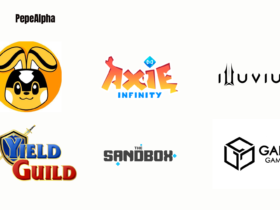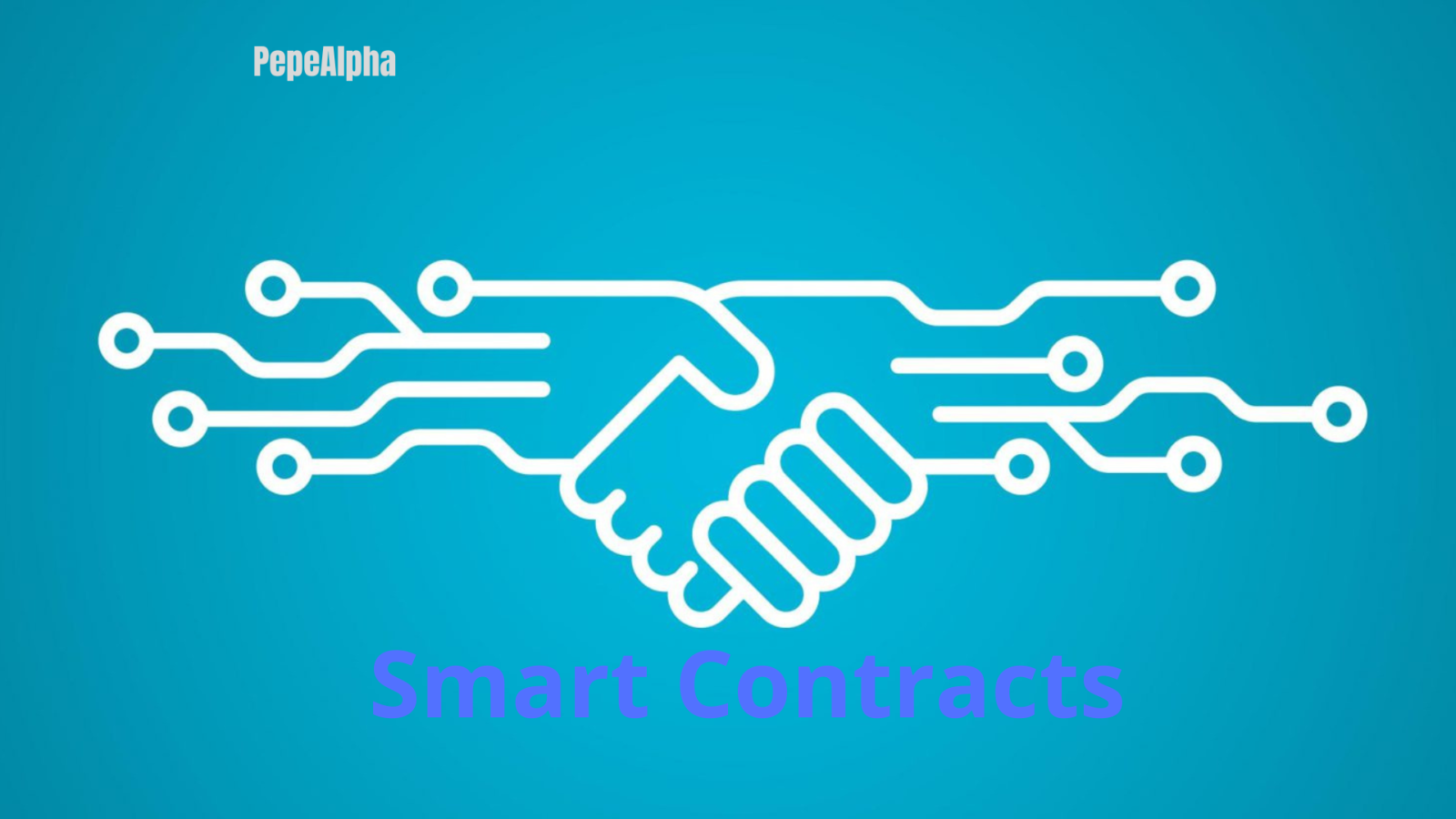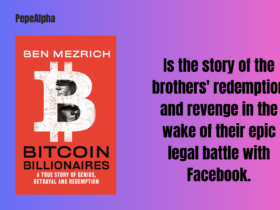Greetings, fellow frogs and crypto enthusiasts! Today, we’re embarking on an exciting journey into the world of smart contracts – the backbone of decentralized applications (dApps), the cornerstone of blockchain innovation, and the gateway to a new era of digital transactions. So let’s leapfrog into it and explore the fascinating realm of smart contracts!
Understanding Smart Contracts
First things first, what exactly are smart contracts? Imagine a traditional contract, but instead of paper and ink, it’s written in code and executed automatically when certain conditions are met. That’s the beauty of smart contracts – they’re self-executing, tamper-proof agreements that live on the blockchain, ensuring transparency, security, and efficiency.
Smart contracts are built on blockchain platforms like Ethereum, which provide the necessary infrastructure for their creation and deployment. They can be programmed to perform a wide range of functions, from transferring digital assets to enforcing the terms of a legal agreement, all without the need for intermediaries like lawyers or banks.
How Smart Contracts Work
At the heart of every smart contract lies a set of predefined rules and conditions, known as “if-then” statements. For example, if Party A sends ETH to Party B, then Party B automatically receives ownership of a digital asset. These rules are encoded into the smart contract’s code and are immutable once deployed on the blockchain.
When a smart contract is triggered by an external event, such as a transaction or a specific date/time, it automatically executes the corresponding actions according to its predefined logic. This process is entirely transparent and verifiable, as the code and execution history of smart contracts are publicly accessible on the blockchain.
Use Cases of Smart Contracts
The versatility of smart contracts opens up a world of possibilities across various industries and applications. Here are just a few examples of how smart contracts are being used:
- Decentralized Finance (DeFi): Smart contracts power a wide range of DeFi applications, including decentralized exchanges (DEXs), lending platforms, and automated market makers (AMMs). These platforms enable users to trade assets, borrow and lend funds, and earn passive income, all without relying on traditional financial intermediaries.
- Supply Chain Management: Smart contracts are revolutionizing supply chain management by enabling transparent and tamper-proof tracking of goods from production to delivery. By automating processes such as inventory management, shipping logistics, and payment settlements, smart contracts streamline operations and reduce costs for businesses.
- Legal Agreements: Smart contracts have the potential to revolutionize the legal industry by automating the execution of legal agreements, such as contracts, wills, and property transfers. By removing the need for intermediaries and reducing the risk of disputes, smart contracts can make legal processes more efficient and accessible to everyone.
- Gaming and Collectibles: Smart contracts are powering the booming market for blockchain-based games and digital collectibles (NFTs). These contracts enable the creation, ownership, and trading of unique in-game assets and digital collectibles, providing players and collectors with true ownership and provenance over their digital possessions.
Conclusion
And there you have it, fellow frogs – a leapfrog into the world of smart contracts! From their fundamental principles to their real-world applications, smart contracts are shaping the future of blockchain technology and revolutionizing the way we transact, interact, and collaborate in the digital age. So hop on board, explore new horizons, and embrace the power of smart contracts in your journey through the crypto kingdom! Ribbit on, my friends! 🐸✨















Leave a Reply